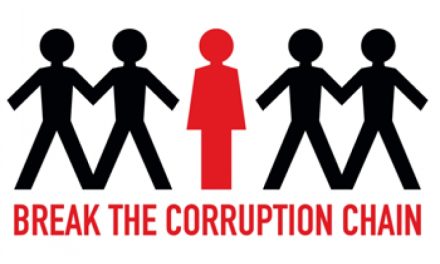Robert Ladrech, Professor of European Politics at Keel University, in his recent policy brief for the Foundation for European Progressive Studies (FEPS), titled “Greece and Europe: Analyzing the current and political landscape“, talks about the interlinked economic and political challenges Greece and the EU face today. Ladrech takes Greece as a departure point, since “the Greek situation, in many respects, resembles an extreme version of trends rippling across the older member states of the European Union”.
He further points out that the Greek crisis is bound up with other crises facing the EU, such as the current refugee crisis, the Ukraine situation, the promotion of ‘illiberal democracy’ in Hungary, the UK referendum on exiting the EU, and of course the euro crisis.
 In terms of economic challenges, Ladrech argues that the social democratic parties need to challenge more explicitly the dominant neo-liberal remedy to the dept crisis. This may prove difficult however, due to the participation of social democratic parties in government coalitions, especially in creditor countries. Also, the fundamental shift in European political economy that has turned countries like Greece from ‘tax states’ to ‘debt states’, and its implications for the welfare system and democracy need to be openly recognized and dealt with. In this vein, unlike national parties, the Party of European Socialists has produced comprehensive proposals.
In terms of economic challenges, Ladrech argues that the social democratic parties need to challenge more explicitly the dominant neo-liberal remedy to the dept crisis. This may prove difficult however, due to the participation of social democratic parties in government coalitions, especially in creditor countries. Also, the fundamental shift in European political economy that has turned countries like Greece from ‘tax states’ to ‘debt states’, and its implications for the welfare system and democracy need to be openly recognized and dealt with. In this vein, unlike national parties, the Party of European Socialists has produced comprehensive proposals.Considering that the EU economic policies have a profound impact on national economies and even on national parliamentary democracy, he proposes deepening EU integration with mechanisms that link the national with the European -like an Eurozone parliament- and also with transnational linkages animated by political solidarity. According to Ladrech, if we don’t face up to this challenge, neo-liberal economic tenets will continue to be constitutionalised in national policy, even where they are resisted.
TAGS: CRISIS | FOREIGN AFFAIRS | MIGRATION













